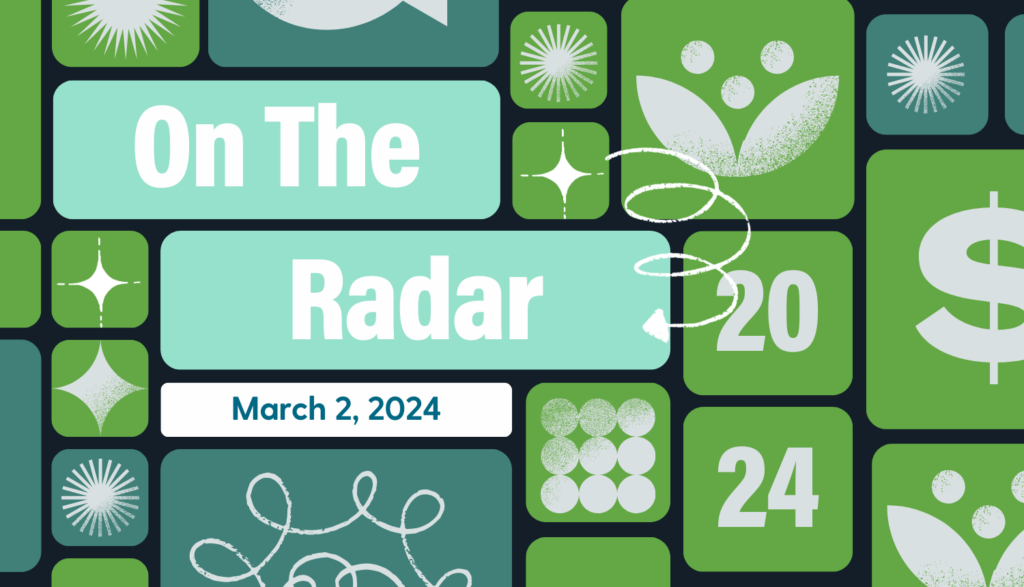Fried Toothpicks Are Not Safe to Eat, South Korean Government Warns
What? In an odd new viral trend, influencers are posting recipes for fried toothpicks.
So What? Although this trend started in South Korea, where toothpicks are biodegradable and made from starch, the South Korean government has warned folks not to eat them. “Biodegradable does not mean food grade,” advises Dana Angelo White, a registered dietitian. “There’s a big difference between using these to clean your teeth and trying to chew, swallow and digest them.”
Now What? I think it’s safe to say that most of us are trying to teach our kids not to believe anything they see on social media—to check your sources. But this latest trend serves as a great reminder: “Influencers don’t have to be vetted with any culinary, nutrition or safety qualifications.” And, White adds, “A vat of hot oil, sharp items and eating things that aren’t food sounds like a dangerous combination!”
‘Popcorn Brain’ Is Causing Our Collective Attention Spans to Dwindle
What? “Popcorn brain” is what happens we become so accustomed to the overstimulation and multitasking of the digital world “that the brain itself begins to mimic that frenetic pace and thoughts begin to pop around like over-excited popcorn kernels.”
So What? Research shows that the average attention span has declined from about 2.5 minutes 20 years ago to around 47 seconds today due to the social media-driven popcorn brain. And doctors warn that the psychological condition can have long-term negative effects on social interactions, emotional well-being and overall productivity, especially in teenagers.
Now What? Although forgoing social media is an option, it may not be sustainable for everyone. Experts suggest regular digital detoxes, “single tasking” even when you’re online, engaging in non-screen activities and structuring your screentime to be more purposeful.
Eating Disorders Are Increasing in Adolescent Boys
What? According to Dr. Jason Nagata, a pediatrician at the University of California, San Francisco, “one-third of teenage boys across the United States report that they’re trying to bulk up and get more muscular. And a subset of those may develop eating disorders or muscle dysmorphia.”
So What? Dr. Sarah Smith, a child and adolescent psychiatrist at the University of Toronto, found that rate of hospitalizations for eating disorders in adolescent boys rose by 416% between 2002 and 2019. And a recent study found that boys who are hospitalized for eating disorders comparatively have more severe medical complications than girls. “Boys have longer hospital stays, great heart-rate abnormalities and higher rates of anemia than girls,” says Nagata.
Now What? Although healthy eating and fitness are important, Nagata warns that if your son starts to obsess or become preoccupied with the gym and fitness in a way that worsens his social life, school functioning and daily functioning, those could be red flags. And both doctors advise early intervention if you’re worried your child has an eating disorder. “The risks of overreacting are small given the very real risks of eating disorders,” Smith says.







One Response
Good article.